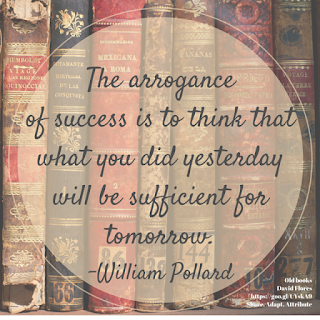EDUCATING JO
Episode 7
The Innovator's Mindset
"What Innovation is and isn't"
I hope you enjoy Episode 7 about the first chapter of The Innovator's Mindset. Pictures are from George Couros' book and used with his permission. I'm switching up the format just a little bit for the summer by doing a shorter video each week about the book study book my district is reading. Please let me know if you like the shorter or longer videos as that will determine what I do when school starts in August!
7. The Innovator’s Mindset 1
Hey Jo, this week I’m going to talk to you about chapter one of The Innovator’s Mindset!
Intro
This summer our tech integration coach, Mr. Badura decided to do a book study over the summer. I’m super excited to get to do some professional development with other teachers in my district who want to be better teachers. We will be using the app Seesaw to build a portfolio throughout the summer about the book. This lets us kill two birds with one stone: learn a digital portfolio app for our students and participate in a book study without meeting face to face. We will be discussing each of the 4 parts throughout the summer, but I decided I wanted to make a vlog about each chapter. These should be shorter than during the school year, so let me know which format you like better!
- Quote by William Pollard:
- Reflection journals.
- Talk about global goals=global citizens
- Teachers teaching the same year for the 20th time.
- What do you want kids to do with technology?
-
Wrong “start blogs” this is what I have been doing.
- Fix for next year: use blogs to connect with parents and other classes.
- What do you want leaders to do with technology?
-
Easy way out is to look at administration and look for shortcomings.
- I’m a leader in the school, how do I meet these goals?
- Build relationships
- Snapchat
- Flatten organizations
- Twitter
- Collaborate
- Skyping
- Tell powerful storyies
- Instagram
Outro: I hope you enjoyed this week’s episode and feel free to share, like, comment and subscribe! To all the other Educating Joes out there, have a great week!



